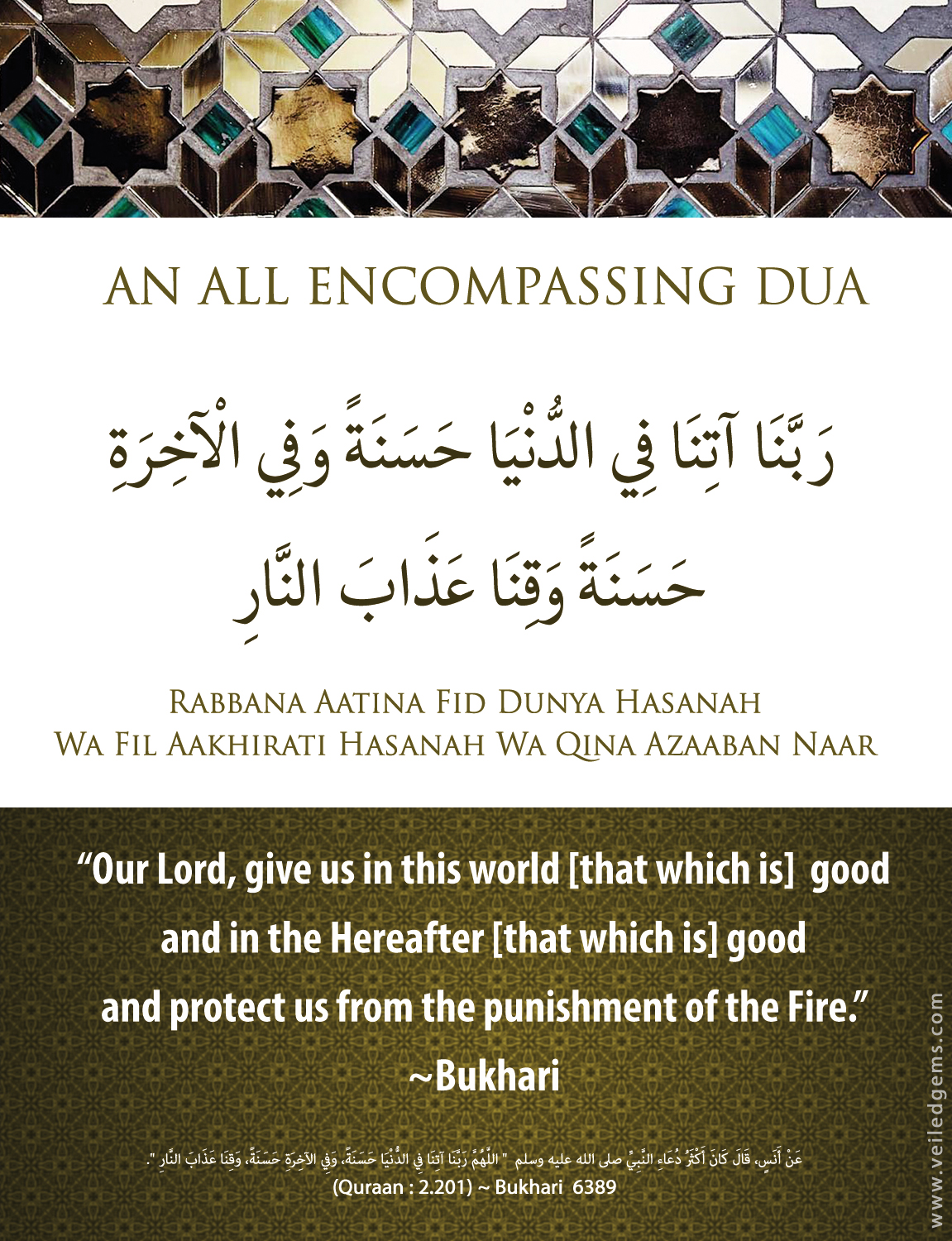space
Esteemed Member
- Messages
- 232
- Reaction score
- 1
- Gender
- Male
- Religion
- Islam
whole time I was looking for a proper answer but the opinions are too different than I ever expected, now my head feels overload.. I dunno what to do and what to ask, really. I don't know whom I should believe and which answer is correct, I'm confused and it's getting annoying..
one said that salah must be prayed only in arabic and others disagree about. As you know the best position to make your dua is the sajood but hey! If you are not able to speak arabic means you lose your chance? huh? If you want to start making personal dua in your native language because you can easily express your thoughts, wishes because you think and live only with your native language means all your duas won't be accepted and expressing your thoughts during your dua is kinda restriction, any other language is forbidden? Yet again arabic is not even your second language, how is that possible that you can't implement duas in prostration using your mother tongue? This sounds extremely odd to me!
one said that salah must be prayed only in arabic and others disagree about. As you know the best position to make your dua is the sajood but hey! If you are not able to speak arabic means you lose your chance? huh? If you want to start making personal dua in your native language because you can easily express your thoughts, wishes because you think and live only with your native language means all your duas won't be accepted and expressing your thoughts during your dua is kinda restriction, any other language is forbidden? Yet again arabic is not even your second language, how is that possible that you can't implement duas in prostration using your mother tongue? This sounds extremely odd to me!


